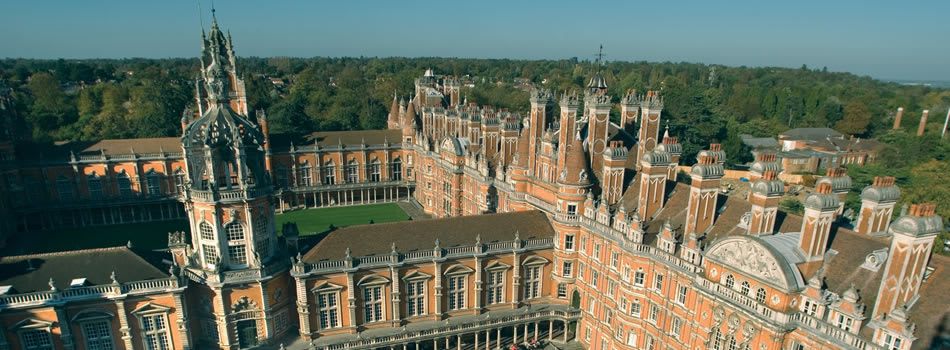About the Project
Many aspects of superconducting quantum technology are presently being developed, most famously perhaps in the development of superconducting quantum computers. This technology combines all of the fundamental phenomena of superconductivity with the recent development of quantum coherent control in nano-fabricated devices to create devices that behave, for example, like artificial atoms. A long-standing exploitation of this technology is in the definition of the S.I unit of the volt, which proceeds through the microwave irradiation of many thousands of Josephson junctions in series to provide a transferable voltage standard based only on a measurement of the microwave frequency and a knowledge of some fundamental physical constants.
Recently it was proposed that a different approach might exist in which a similar, related but ‘dual’ phenomenon known as ’coherent quantum phase slip’, if it exists, might lead not to a voltage standard but to a new definition of the S.I. electrical current unit, the ampere. Very recently, the first proof of existence of the coherent quantum phase slip phenomenon has been demonstrated by the world leading group at RHUL/NPL, but so far in a very limited number of devices and range of materials. The need is for the exploration and discovery of a wider range of materials that exhibit CQPS, for the design of new circuitry that effectively exploits the phenomenon, and for the exploration of the potential for its use as a new quantum current standard. The student will join a team working on a new project in this direction, acquiring skills in advanced nano-fabrication (both within the Centre and internationally), materials development and characterisation, milliKelvin cryogenics, microwave technology, quantum circuit modelling and analysis and condensed matter and quantum theory. Links might later be made to other research within NPL in order to complete the ‘metrological triangle’ composed of the simultaneously operating the quantum standards of the volt, ohm and ampere with subsequent possible tests of fundamental aspects of quantum theory. The project will be based primarily at the National Physical Laboratory in Teddington with a co-supervisor at Royal Holloway, University of London.
This demanding but rewarding project will be undertaken within the "UK Centre for Superconducting and Hybrid Quantum Systems" (UK-CSQS), a joint venture between Royal Holloway, University of London, the University of Lancaster and the National Physical Laboratory. The overall research focus of the centre is the development of quantum device technology through the application of fundamental phenomena based on superconductivity, such as the Josephson effects, coherent quantum phase slip (the dual of the Josephson effect), flux and charge quantisation, quantum coherent behaviour, the principle of superposition, non-linear and non-dissipative phenomena, quantum entanglement and the interaction of devices with the quantised electromagnetic field, both as a probe and as an environment. We provide shared access to nano-fabrication facilities, specialist cryogenic facilities, an advanced understanding of condensed matter quantum technologies and we share our expertise. We also seek advances in the related fields of materials discovery and exploitation, low temperature technology, microwave technology and advanced nano-fabrication. Potential applications lie in the fields of quantum metrology (seeking to re-define the Ampere and to close the ‘metrological triangle’), the construction of quantum computing devices and quantum simulators, the exploitation of artificial atoms, microwave quantum optics, quantum meta-materials, quantum limited amplification and novel sensors operating beyond the standard quantum limit. The integration of these devices with other quantum systems such as nano electromechanical systems (NEMS), embedded ions, magnetic materials, normal metals, semiconductor and low-dimensional materials and other forms of quantum system is the basis of Hybrid Devices. The three groups each have outstanding global reputations for their research.
Applications may be submitted at any time. Several projects are available within the UK-CSQS, applicants should submit only one application and specify their interests to be considered for all available relevant projects.
Royal Holloway, University of London will host an Open Day for Post-Graduate Research on 30th November 2016. See here (link https://www.royalholloway.ac.uk/physics/documents/pdf/prospectivestudents/pg-open-day-poster-2016.pdf )
Funding Notes
This research project has funding attached. Funding for this project is available to citizens of a number of European countries (including the UK). In most cases this will include all EU nationals. However full funding may not be available to all applicants and you should read the full department and project details for further information.
Non-European Students: In most cases if you have the correct qualifications and access to your own funding, either from your home country or your own finances, your application to work with this supervisor will be considered.

 Continue with Facebook
Continue with Facebook


